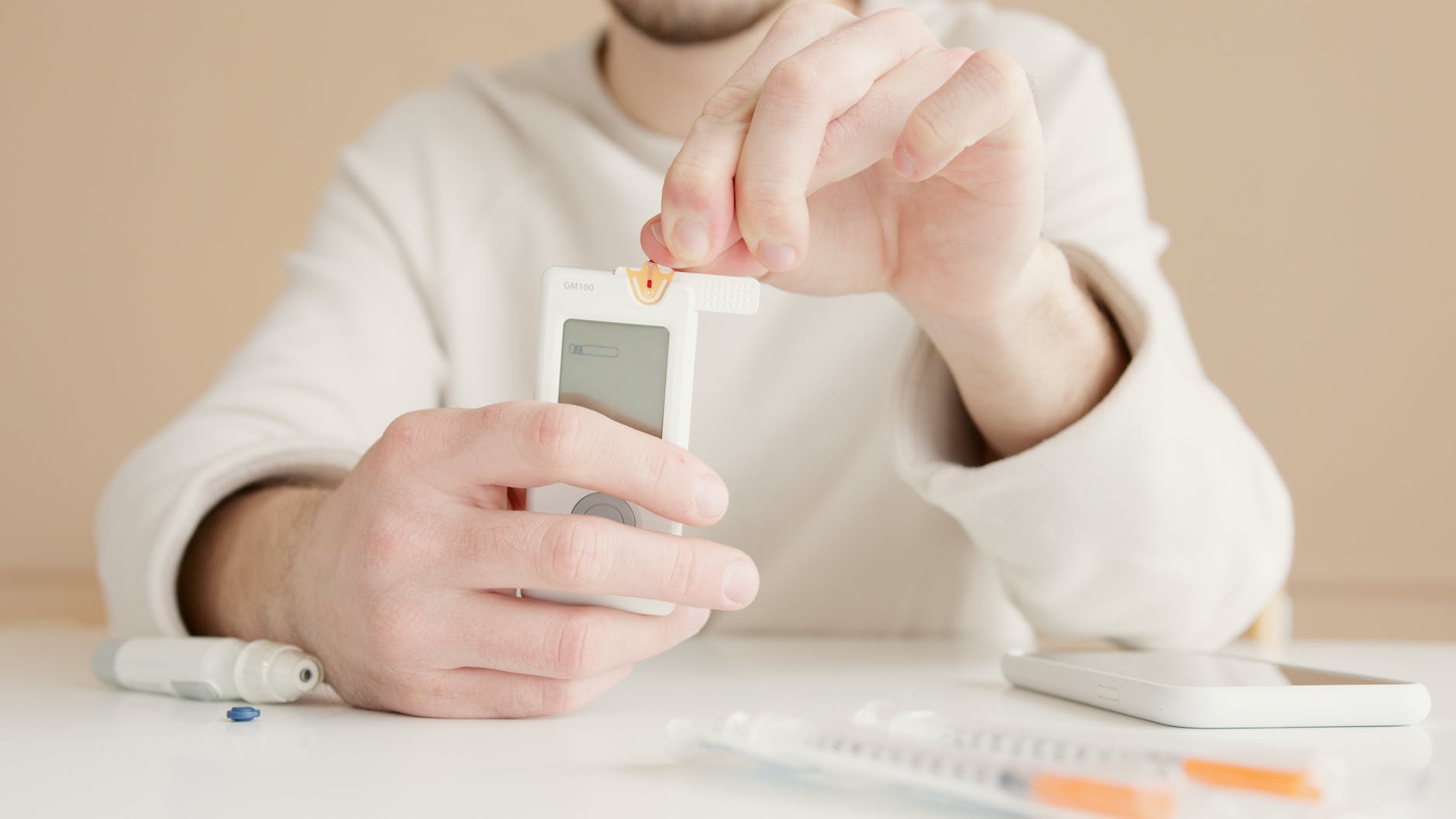The Different Types of Blood Sugar Tests and How They Are Performed


The Different Types of Blood Sugar Tests and How They Are Performed
At https://diabetescure4u.com/, we understand the importance of providing accurate and comprehensive information about various health topics. In this article, The Different Types of Blood Sugar Tests and How They Are Performed, we will delve into the different types of blood sugar tests and their procedures. Our goal is to offer you the most valuable insights to help you better understand blood sugar testing and make informed decisions about your health.
Introduction
Blood sugar tests are essential for assessing how well your body is processing glucose, a type of sugar that serves as a vital source of energy for your cells. Monitoring blood sugar levels is particularly crucial for individuals with diabetes, a condition characterized by either insufficient insulin production or an inability to use insulin effectively. These tests play a key role in diagnosing diabetes, determining appropriate treatments, and monitoring overall health.
1. Fasting Plasma Glucose (FPG) Test
The Fasting Plasma Glucose (FPG) test is one of the most common blood sugar tests. It measures your blood sugar levels after an overnight fast of at least 8 hours. This test is typically performed in the morning before breakfast, as consuming food can affect the results. A healthcare professional will draw a blood sample from your arm and send it to a lab for analysis. The FPG test provides valuable information about your average blood sugar levels over the past few months.
2. Oral Glucose Tolerance Test (OGTT)
The Oral Glucose Tolerance Test (OGTT) evaluates how well your body processes glucose over time. It is usually conducted for individuals who are at risk of developing diabetes or those with gestational diabetes. During this test, you will be asked to fast overnight, and then your blood sugar levels will be measured. Following this, you will be given a glucose solution to drink, and your blood sugar levels will be monitored at regular intervals over the next few hours. The results can help identify how effectively your body metabolizes glucose and diagnose diabetes or pre-diabetes.
3. Hemoglobin A1c Test
The Hemoglobin A1c test, also known as the A1c test or glycated hemoglobin test, provides insights into your average blood sugar levels over the past 2-3 months. This test does not require fasting and is not affected by short-term fluctuations in blood sugar. It measures the percentage of hemoglobin that has sugar molecules attached to it. Higher A1c levels indicate poorer blood sugar control, which may be indicative of diabetes or the need for adjustments in diabetes management.
4. Random Blood Sugar Test
A Random Blood Sugar test involves measuring your blood sugar levels at any time of the day, regardless of when you last ate. Unlike fasting tests, this type of test assesses your blood sugar levels under various conditions. It is particularly useful for identifying acute hyperglycemia or hypoglycemia, which might occur in people with diabetes experiencing erratic blood sugar fluctuations.
5. Continuous Glucose Monitoring (CGM)
Continuous Glucose Monitoring (CGM) is a revolutionary technology that offers real-time blood sugar readings. A small sensor is inserted under your skin to measure glucose levels in the interstitial fluid. The data collected is then sent wirelessly to a device that displays your glucose levels in real-time. CGM allows for constant monitoring, providing valuable insights into how your blood sugar levels respond to different factors such as food, exercise, and medications.
6. Point-of-Care Testing
Point-of-care testing refers to blood sugar tests performed at the point of care, such as a doctor's office or a clinic. These tests provide immediate results, enabling healthcare professionals to make prompt decisions regarding diagnosis and treatment. Point-of-care tests are convenient, efficient, and can help individuals with diabetes monitor their blood sugar levels regularly.
Conclusion
Understanding the different types of blood sugar tests and their procedures is crucial for managing diabetes and maintaining overall health. Whether you require fasting tests like the Fasting Plasma Glucose or comprehensive assessments such as the Oral Glucose Tolerance Test, these tests provide valuable information for diagnosis, treatment, and ongoing monitoring. Additionally, innovative technologies like Continuous Glucose Monitoring offer real-time insights, empowering individuals to make informed decisions about their health.
- Oral Medications for Diabetes: Metformin, Sulfonylureas, and More
- Monitoring Blood Sugar Levels: A Comprehensive Guide
- Understanding Type 1 Diabetes and Effective Blood Sugar Management
- Comprehensive Guide to Diabetes Mellitus: Managing and Understanding the Condition
- Introduction to Diabetes: Types, Causes, and Symptoms

